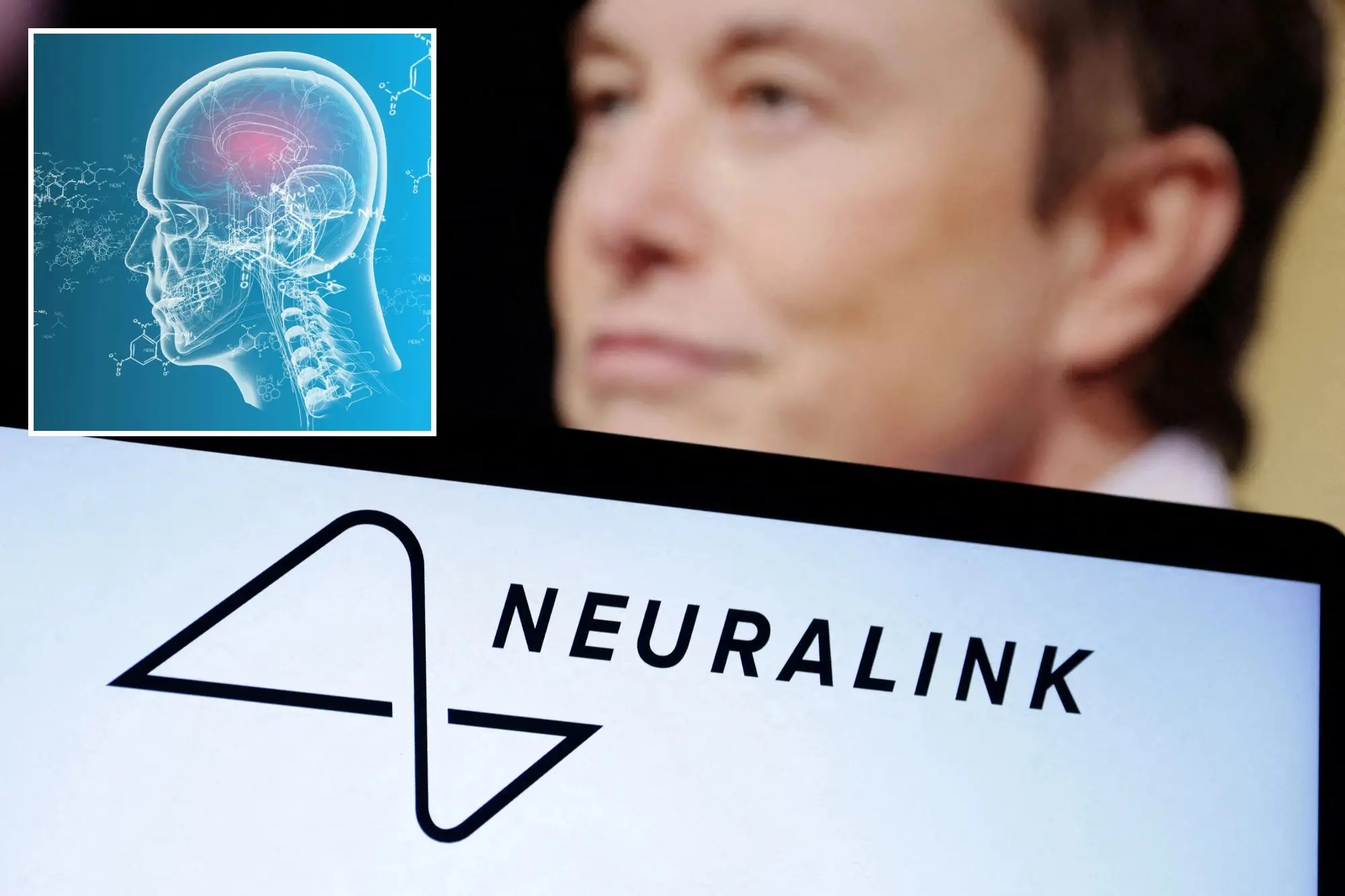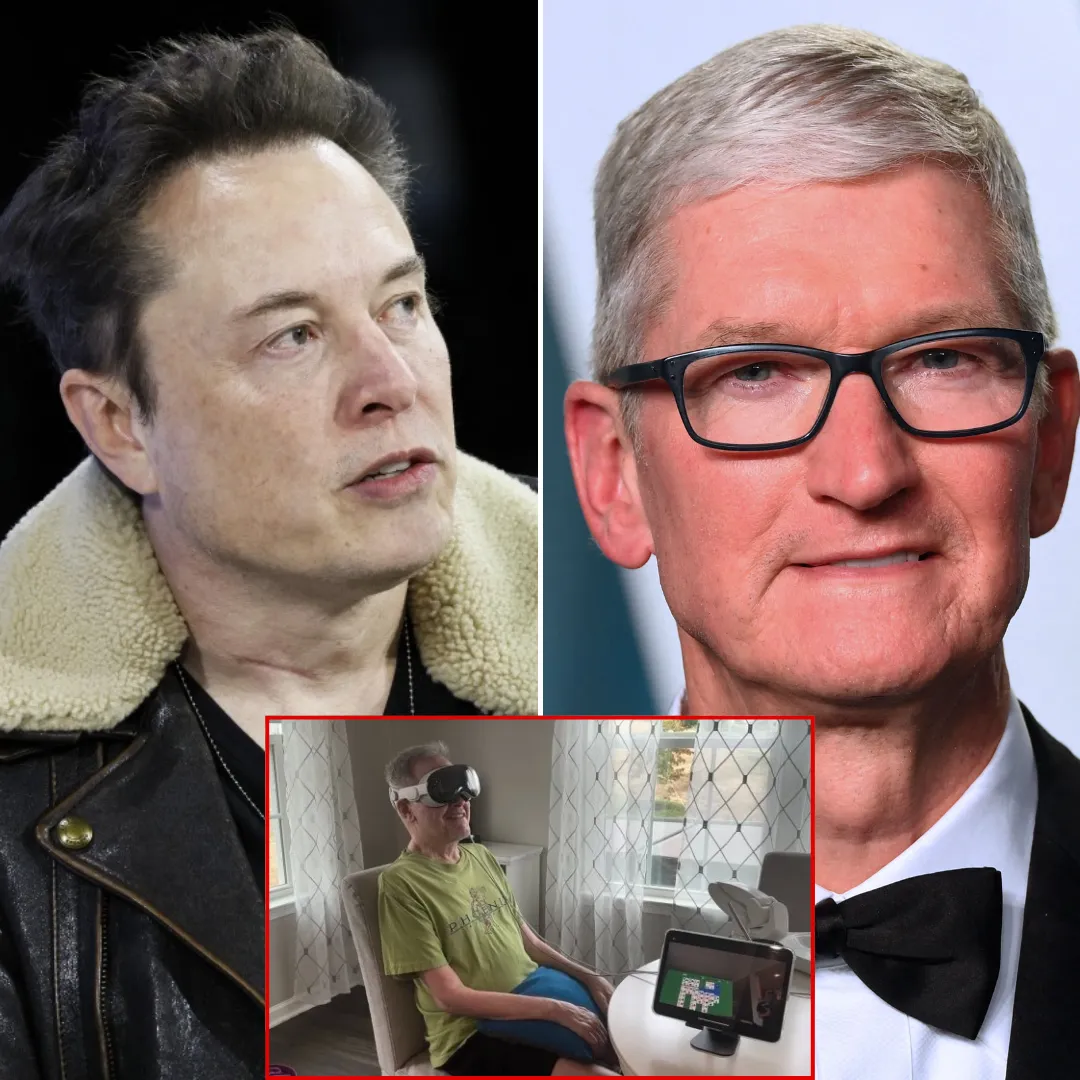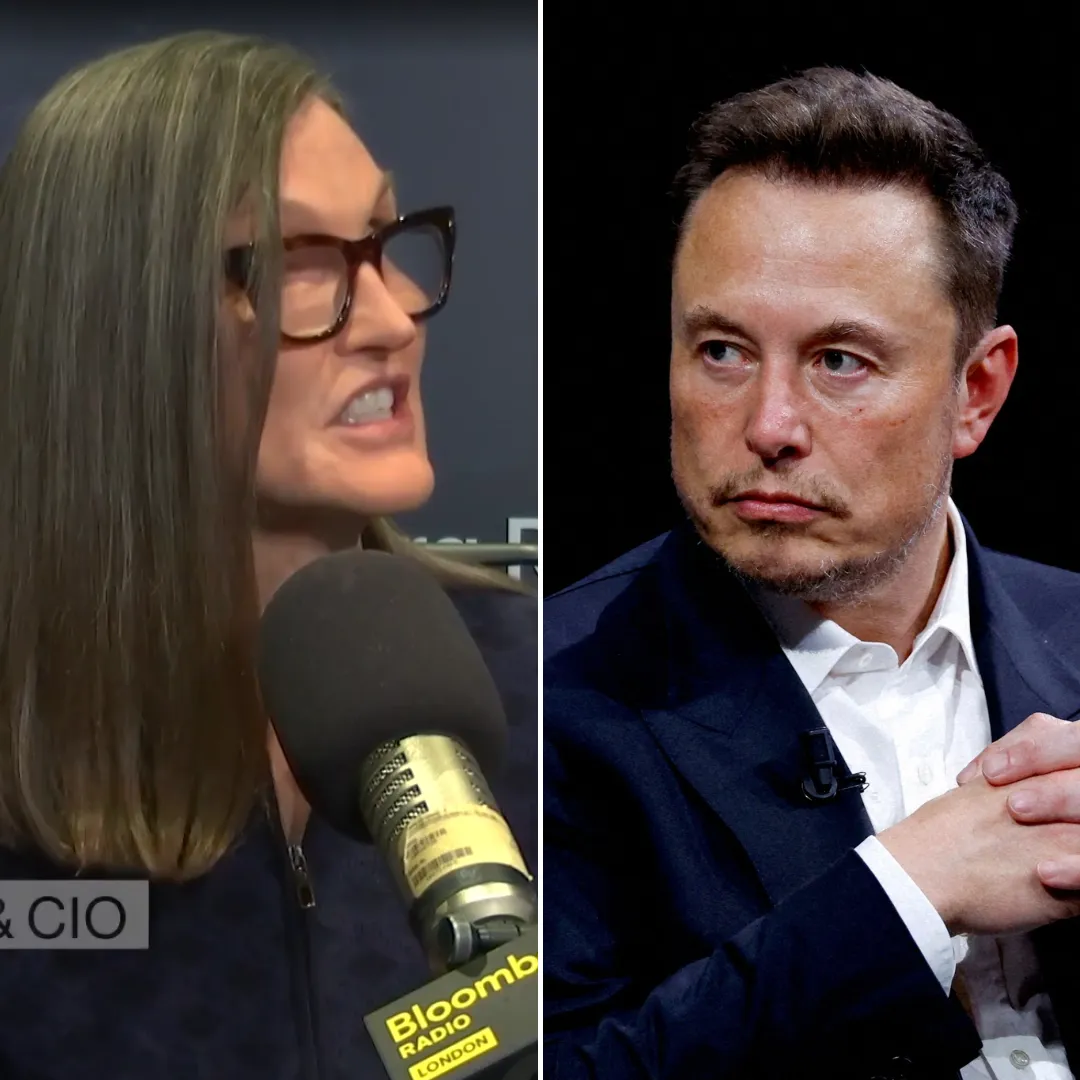
In the ever-evolving tech world, competition between giants is fierce, and few rivalries are as high-stakes as the one brewing between Elon Musk’s Neuralink and Apple. The stakes are even higher now as Apple takes its first steps into the field of brain-computer interfaces (BCI), a technology that could revolutionize accessibility for those with severe disabilities and significantly change the way we interact with the digital world.
According to reports from the Wall Street Journal, Apple is collaborating with Synchron, a pioneering company in the field of implantable BCI devices, to help patients operate electronic devices using just their brain signals. With this collaboration, Apple is taking a bold step into an area that has already captured the imagination of Elon Musk and his team at Neuralink.
BCI technology, which allows individuals to control devices with their thoughts, is no longer a far-fetched dream. For individuals suffering from neurological conditions such as ALS or spinal cord injuries, the potential to operate a smartphone or send a text message without needing to use their hands could be life-changing. Apple’s move into this space is being seen as a significant one, as the company has long been at the forefront of designing accessible technology for people with disabilities.
But now, with the development of a brain-controlled system, Apple is taking accessibility to the next level. The company’s focus on integrating this technology with its existing products, particularly the iPhone, could create a seamless experience that opens up the digital world to millions of people who currently find it difficult to use conventional devices.

The partnership with Synchron, a company that specializes in implanting brain chips, has brought Apple closer to realizing its vision of integrating BCI technology into its product ecosystem. Synchron’s Stentrode, a device that is inserted into a vein above the motor cortex of the brain, uses electrical signals from the brain to control devices.
This stent-like device could allow users to control everything from smartphones to computers simply by thinking about it, bypassing the need for physical movements. This groundbreaking technology has the potential to give millions of people access to devices that would otherwise be out of reach. For those suffering from paralysis or other debilitating conditions, the implications are profound.
Apple’s foray into the BCI market comes as Neuralink, led by Elon Musk, has been pushing forward with its own version of the brain-computer interface. Neuralink has already made headlines with its successful implantation of BCIs in animals and its ambitious plans for human trials.
Musk’s company is focused on developing a system that could treat neurological diseases and possibly even enhance human cognitive capabilities. While Apple is entering the field with a focus on accessibility and improving the lives of people with disabilities, Neuralink’s vision is far more expansive, aiming to merge human brains with machines, creating a hybrid intelligence that could one day interact directly with artificial intelligence.

Apple’s decision to collaborate with Synchron signals a shift in the company’s approach to healthcare and accessibility. Apple has always been known for its commitment to creating devices that are easy to use, but the integration of BCI technology takes this to a whole new level.
The potential applications for such technology are vast, ranging from helping those with disabilities to creating entirely new ways of interacting with the digital world. If Apple can successfully integrate BCI with its devices, it could open up a world of possibilities that we have yet to fully imagine.
While Apple and Neuralink are both making strides in the BCI field, the competition between the two companies is heating up. Neuralink, with its focus on enhancing the human brain and expanding the possibilities of human cognition, has been a pioneer in the field. Musk’s vision for Neuralink goes beyond medical applications; he has spoken about the potential for BCI to create a new era of human intelligence, where the boundaries between human consciousness and machines are blurred.
However, Apple’s approach to BCI is more grounded in its commitment to accessibility and improving the lives of people with disabilities. The company’s focus on making BCI technology widely available and integrated into everyday devices could give it a significant edge in the market. Despite the different focuses of the two companies, both are contributing to a rapidly developing field that is poised to change the way we think about technology and the human body.

BCI has the potential to revolutionize industries such as healthcare, education, and entertainment. For people with severe disabilities, BCI could be life-changing, allowing them to regain some independence and control over their environment. For others, BCI could unlock new ways of interacting with technology, creating possibilities that were once thought to be purely science fiction.
As Apple and Neuralink continue to develop their respective BCI technologies, they will undoubtedly face significant challenges. The ethical considerations surrounding brain implants are vast, and there are concerns about privacy, security, and the potential for misuse. The integration of technology directly into the human brain raises questions about autonomy and consent, and there is a need for strict regulations and oversight to ensure that these technologies are developed and used responsibly.
One of the biggest challenges both companies will face is the issue of accessibility. While BCI has the potential to help millions of people, it is still a relatively new and expensive technology. Making it widely available and affordable will require significant investments in research and development, as well as partnerships with healthcare providers and government agencies.
Apple’s expertise in creating consumer-friendly products may give it an advantage in this regard, as it has a proven track record of making cutting-edge technology accessible to the masses. The global race for BCI dominance is just beginning, and the stakes are high. As more companies enter the field and push the boundaries of what’s possible, the future of human-computer interaction will be transformed.

Whether through Apple’s focus on accessibility or Neuralink’s bold vision of merging human minds with machines, BCI technology is poised to redefine the relationship between humans and technology. The question is not if BCI will change our lives—it’s how quickly it will happen, and who will lead the charge. Apple’s partnership with Synchron and Neuralink’s continued advancements signal that we are on the brink of a technological revolution, and the next few years will be crucial in shaping the future of BCI.




